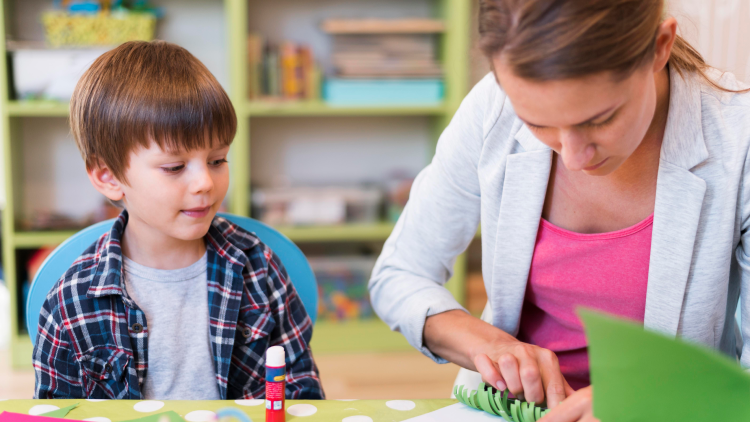
Montessori education, pioneered by Maria Montessori in 1907, emphasizes individualized learning for children aged 4–7. Initially met with skepticism, this approach gained resurgence in the 1950s, focusing on children guiding their own learning at their pace.
Rooted in Montessori's distinctive theories, the model aligns with Dewey's constructivist theory, emphasizing child development through self-directed learning. It echoes Piaget's idea of spontaneous interest, with a unique focus on "sensitive periods" for growth in early childhood.
Montessori aims for holistic child development, nurturing both mind and heart. Teachers act as guides, fostering the child's psychological development, emphasizing qualities like calmness, compassion, and creativity.
The curriculum revolves around hands-on, didactic materials, promoting skills in math, reading, and writing. Guided by the child's interests, Montessori encourages long work periods, allowing students to master subjects at their pace.
Montessori teachers serve as unobtrusive directors, fostering a relationship of trust with students. Intensive training focuses on mastering instructional techniques and script-like approaches to ensure stability and support for each child's development.
Assessment in Montessori relies on non-traditional methods, with teachers observing and interpreting student work portfolios. Unlike traditional tests, the emphasis is on understanding individual capabilities through active engagement with materials.
Montessori education stands as a testament to Maria Montessori's vision of unlocking a child's true nature through self-directed, interest-driven learning. This holistic approach celebrates the uniqueness of each child's developmental journey.